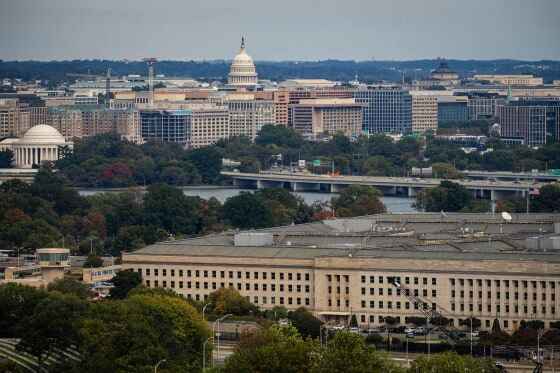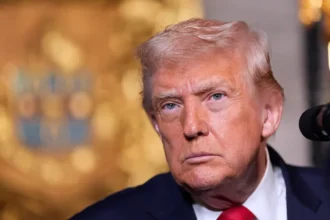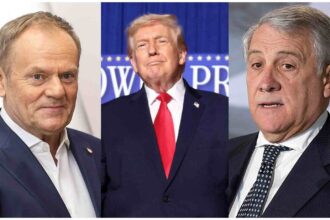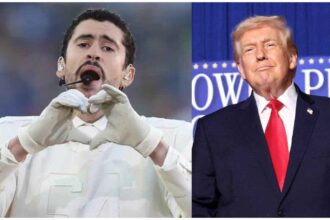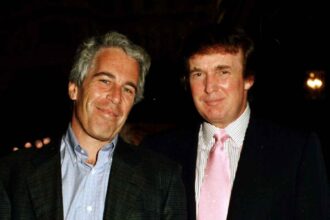An anonymous “friend” of President Donald Trump has handed the Pentagon a $130 million anonymous donation, and the administration plans to use the money to cover military pay during the ongoing government shutdown, an unprecedented move that immediately triggered legal, ethical and national security concerns on Capitol Hill.
Chief Pentagon spokesman Sean Parnell confirmed the move Friday, saying “The donation was made on the condition that it be used to offset the cost of Service members’ salaries and benefits,” and adding that the contribution was accepted under what the department calls its “general gift acceptance authority.”
The Trump administration, facing intense pressure over missed military paychecks, is funneling the funds to active-duty service members — even though 1.3 million troops would receive barely $100 each from the donation. Lawmakers and budget experts argue the plan bypasses Congress, which is constitutionally responsible for federal appropriations and military funding.
Members of both parties say they have received almost no explanation about where the money came from or how it will be used. Democrats warn the Pentagon may be stretching or even violating federal law, comparing the move to a private bailout of the U.S. military.
Sen. Chris Coons sharply questioned the legality and the national-security implications, saying, “Using anonymous donations to fund our military raises troubling questions of whether our own troops are at risk of literally being bought and paid for by foreign powers.”
Critics also point to the Antideficiency Act, which strictly forbids the federal government from using outside money to replace missing appropriations. Bill Hoagland, a former GOP budget official, told CNN that “The Antideficiency Act is explicit that private donations cannot be used to offset a lapse in appropriations,” adding, “I think they could accept it but they could not use it for that purpose because the law is very clear.”
Despite the backlash, Trump on Thursday appeared to welcome the contribution, boasting that the money came from “a friend of mine” who “doesn’t really want the recognition.” But as questions mounted over whether the donor has foreign ties or policy interests, the Pentagon and White House declined to provide clarity and referred inquiries back and forth between agencies. The Treasury Department has not commented.
Defense analysts say the maneuver breaks with more than two centuries of U.S. military tradition, where public dollars, not private fortunes, fund the troops. Federal law only allows certain types of military gifts, typically for schools, hospitals, cemeteries, wounded service members or families of the fallen, not for routine payroll.
With no clear answers and the shutdown deepening, lawmakers from both parties are now demanding oversight, warning that the move could set a dangerous precedent where wealth, influence or foreign actors could attempt to financially steer U.S. defense policy.
UPDATED: Timothy Mellon Revealed as $130 Million Donor Funding Military Pay During Shutdown



